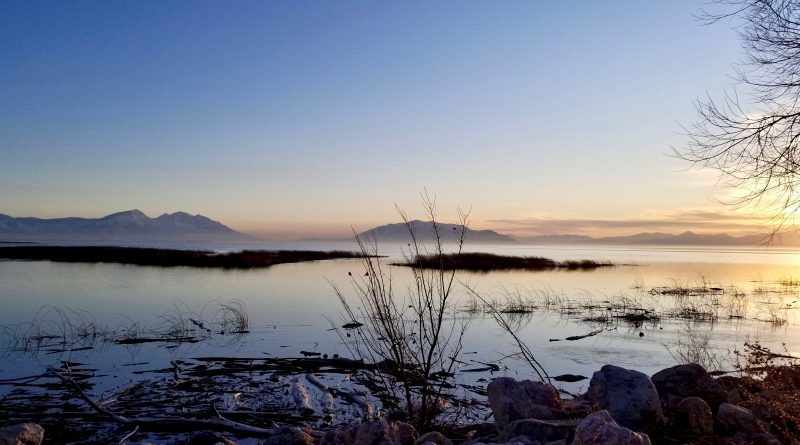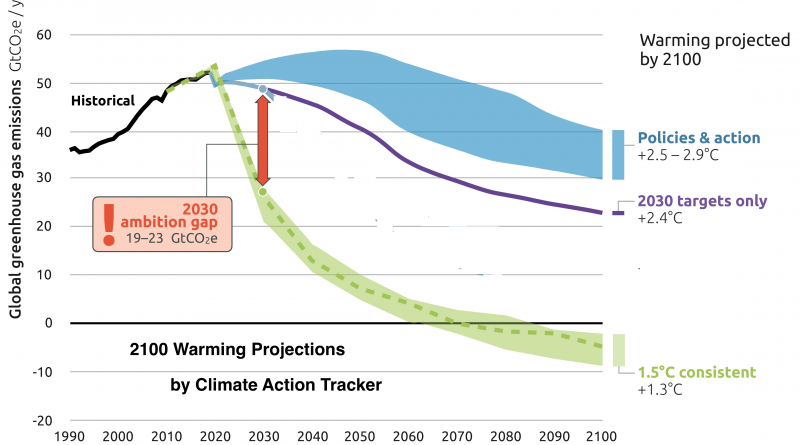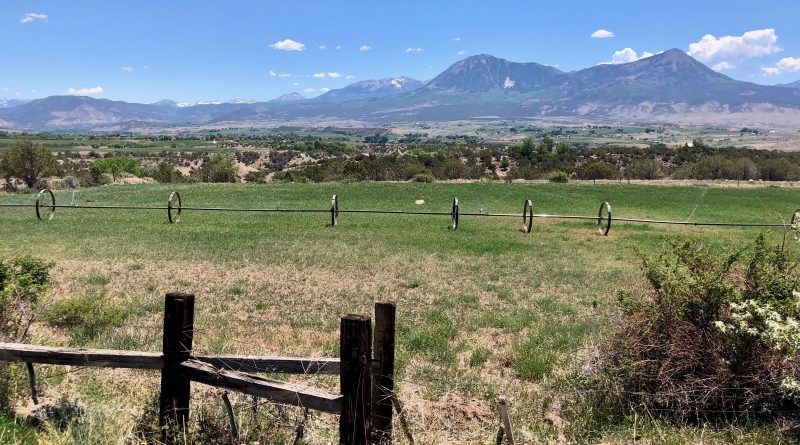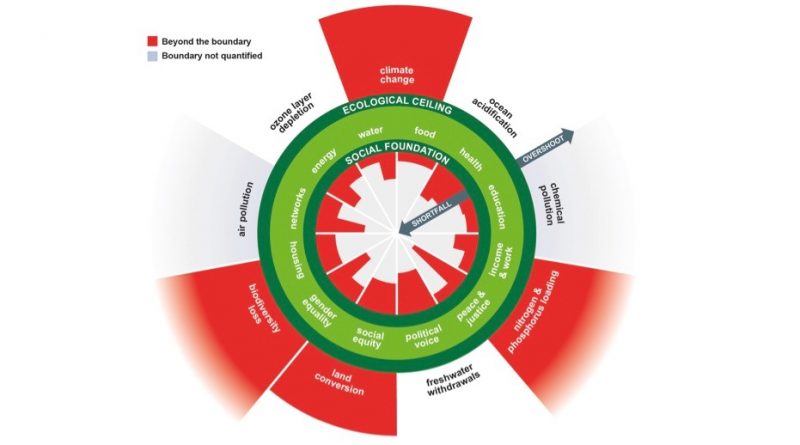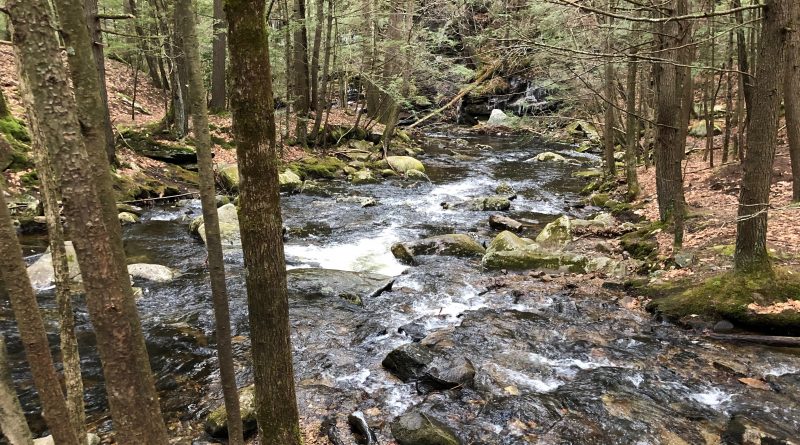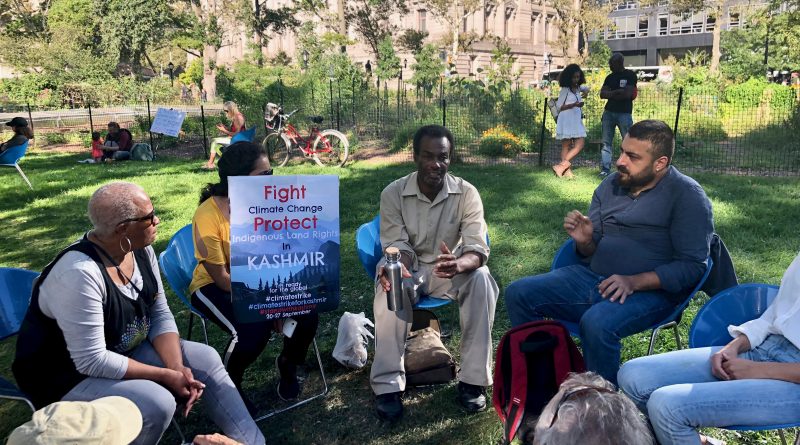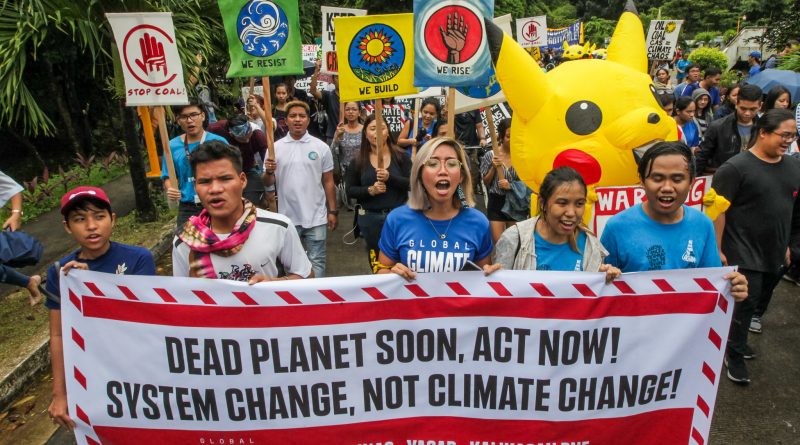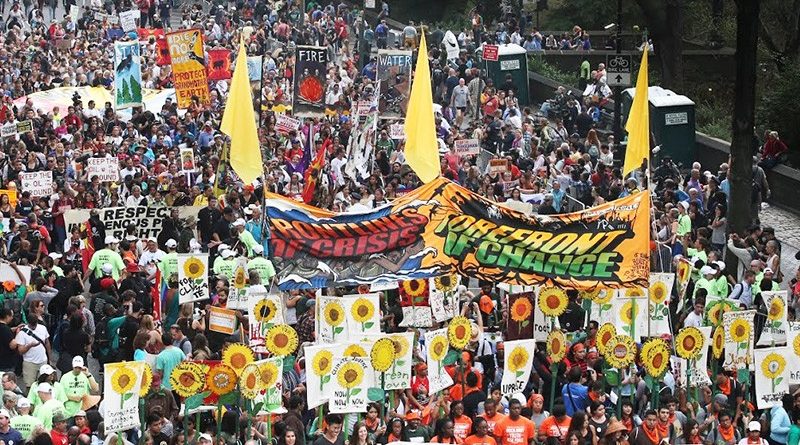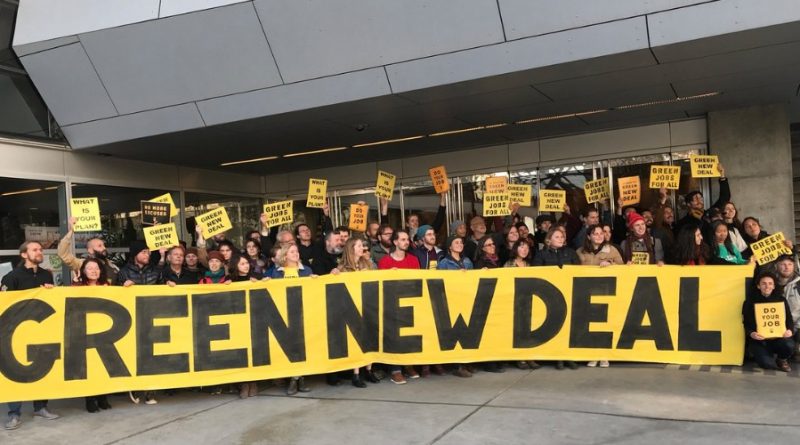Do We Understand the Problem?
How do you feel when you find out someone has lied to you? How do you feel when you find out someone claiming to be doing something good is actually doing something else–something truly harmful?
While the election lies in the U.S. have been getting a lot of attention (as they should), the lies and deceit of the big oil and gas companies are much less well-known and remembered, but are every bit as disastrous for the health of our society.
A new report last week from the House of Representatives Oversight Committee details what they learned in their investigation into the big oil and gas companies. Their key finding was that while these fossil fuel corporations are falsely portraying themselves to the public as committed to going green, they are continuing to seek to expand drilling and sales of climate-destroying fossil fuels. The Committee actually got the big oil CEOs to appear (from ExxonMobil, BP America, Chevron and Shell), put them on the spot, and got lots of previously hidden documents released.
The Committee report says, “Big Oil has doubled down on long-term reliance on fossil fuels with no intention of taking concrete actions to transition to clean energy.” Rep. Carolyn Maloney, the Chair of the Committee said, “Even though Big Oil CEOs admitted to my Committee that their products are causing a climate emergency, today’s documents reveal that the industry has no real plans to clean up its act and is barreling ahead with plans to pump more dirty fuels for decades to come.”
Read more